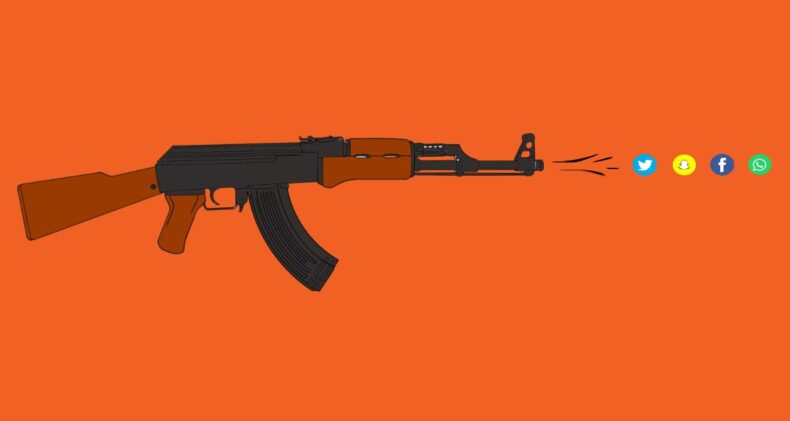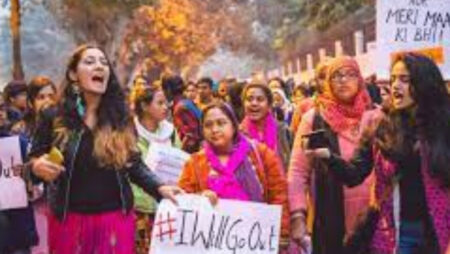In a time where digital diplomacy is the new norm for furthering foreign policy for different countries, social media becomes a key component of addressing issues and exchanging opinions on different geopolitical affairs by the general population that frequent these internet platforms.
An extensive number of embassies, their ambassadors and world leaders have Twitter accounts and post media content and news on Instagram daily to the masses.
During times of conflict, wars or a nationwide crisis, the information about such events are amplified through social media.
It can be information regarding the state of the situation, funds to receive donations or even simply sharing their opinions on the particular crisis that may be going on in any country.
The way this information is used and consumed by people on social media platforms is changing the way we look at geopolitics and approach war-stricken countries in a more nuanced light.
Politicians are wary of the impact the decisions they make can have on the public since it’s much easier to receive negative feedback from the people those decisions affect on the internet.
During the ongoing conflict in Ukraine, where Russian forces have launched a full-scale invasion and the stakes grow higher every day, social media has been used as a tool by the Russian forces and Kremlin-backed accounts on different platforms to spread fake news and disinformation among its users, causing people on the ground to panic or believe in unverified information.
It was also reported that Russian military forces were mapping out locations of interest by observing accounts held by Ukrainians to plan their attacks.
Ukrainian authorities have responded to the fake news and circulating misinformation by denying the claims and posting explanations on official Twitter accounts and online news portals.
Common Ukrainians have been posting lists of things one can do to avoid being detected by Russian forces and protecting their locations.
Other countries have used social media to either condemn and seek action against Putin’s actions or to express their neutral stance on the situation.
It’s a strategic tool that has been used by several major powers globally to further their own ‘foreign policy’ whether it comes at the plight of another community or not.
Edited By- Subbuthai Padma
Published By- Satheesh Kumar












